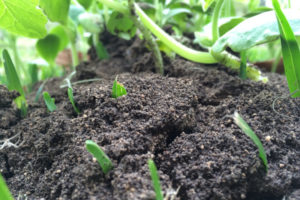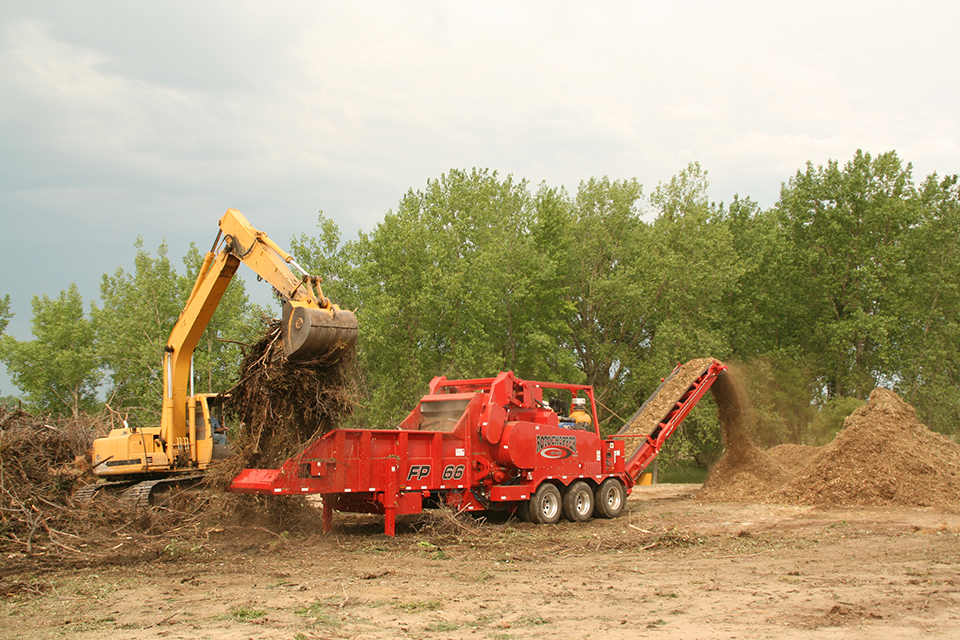World Water Day 2015 on March 22 offers a great opportunity to think about the surrounding factors that determine water quality, such as soil health and waste management.
The theme for World Water Day 2015—Sustainable Development—highlights much more than water. By emphasizing sustainability, this year’s
theme calls attention to all the issues surrounding clean water.
Clean water is not just about the way you treat water; it’s also about the way you treat your soil and your garbage. In some cases, garbage and soil are the same thing, separated only by time and the right attitude. Good water starts with good soil.
Better soil means better crop yields with less water and less run-off, among many other advantages.
“A sustainable future for clean water depends on a sustainable future for waste.”
Good Soil
Better soil can start with something as simple as a better attitude toward waste materials. For example, yard waste (tree trimmings, leaves, grass clippings) was once viewed simply as a nuisance for homeowners, businesses, and municipalities. Now yard waste is increasingly becoming a resource, helping to improve soil health in the form of compost. Compost helps reduce the use of irrigation and synthetic fertilizers, which also reduces run-off of harmful chemicals into the water supply. All that separates yard waste from compost is the right equipment, the proper attitude, and a little time.
As another example, tree care companies once paid to dispose of wood chips. Now a lot of tree care companies turn those chips into premium landscape mulch, which helps decrease water requirements for plants. A grinder can turn the liability of wood waste into a profit center that also happens to have big benefits for water retention.
The tree care industry is a great example of a process that has repeated itself many times for a broad range of companies, as wood waste has turned from a liability to an opportunity for pallet manufacturers, C & D (construction and demolition debris) recyclers, wood product manufacturers, and many other types of businesses.
Better Soil = Better Water
The examples are endless, but the examples all tell the same simple story: with the right attitude and the right equipment, organic waste materials like food waste, wood waste, and yard waste become profitable products that improve soil quality and thereby improve water quality.
A Small Change with a Big Impact
A sustainable future for clean water depends on a sustainable future for waste. A sustainable future for waste depends on a more widespread attitude that treats waste materials as opportunities. This attitude has already made a big impact on the pallet industry, the tree care industry, and many other industries. Companies that once generated waste now generate landscape mulch, compost, animal bedding, and other products that improve water quality.
So in honor of World Water Day 2015, don’t think about water. Think about a small change in attitude you can make toward garbage and soil. It’s one of the most immediate and sustainable impacts we can make on water quality.





